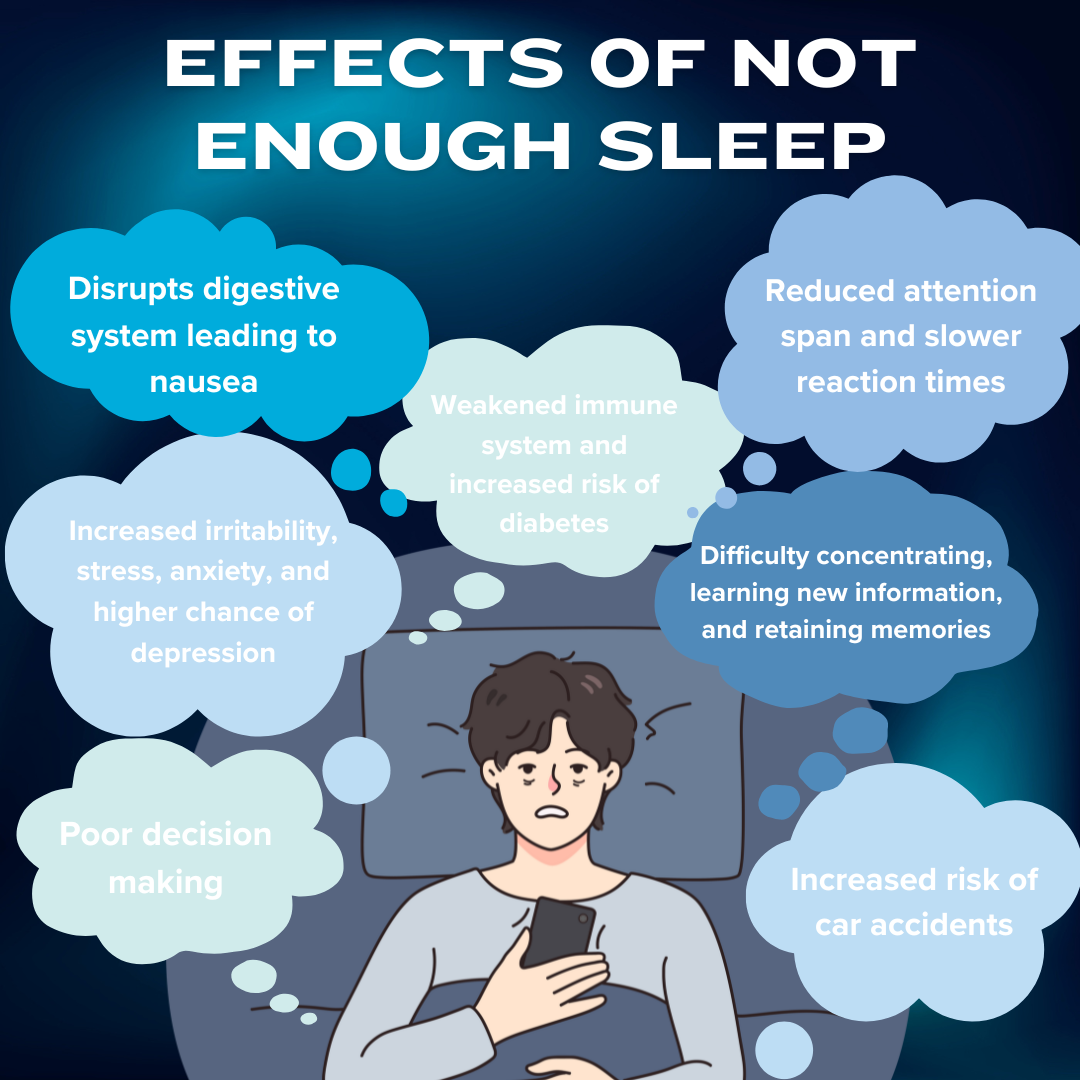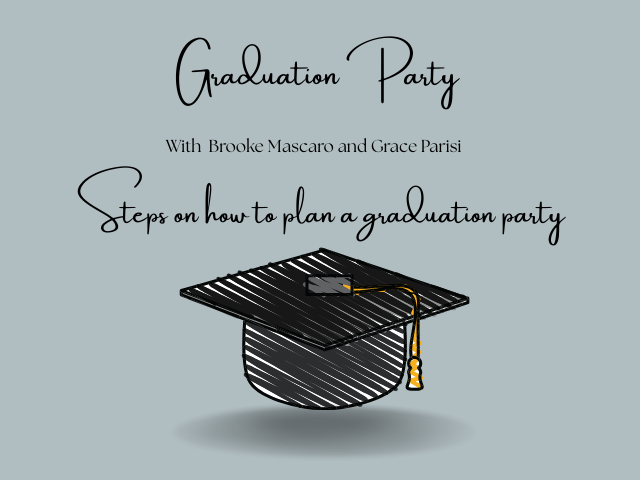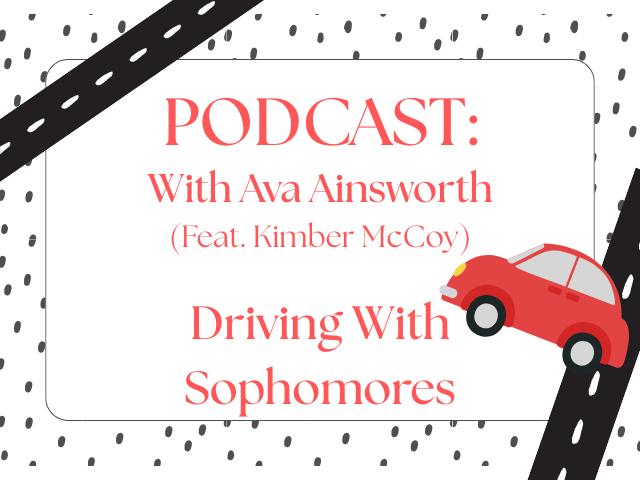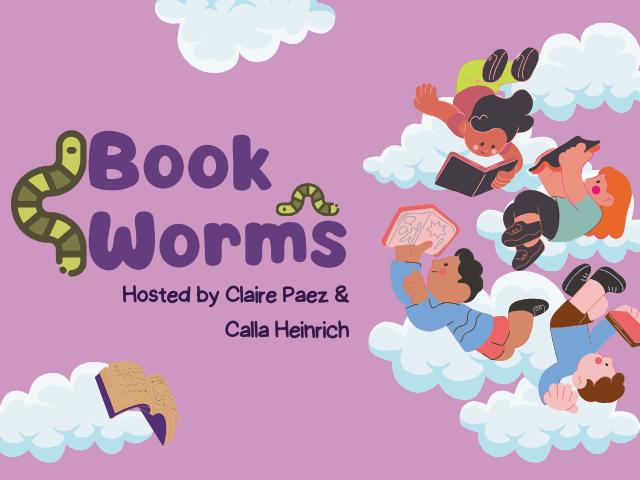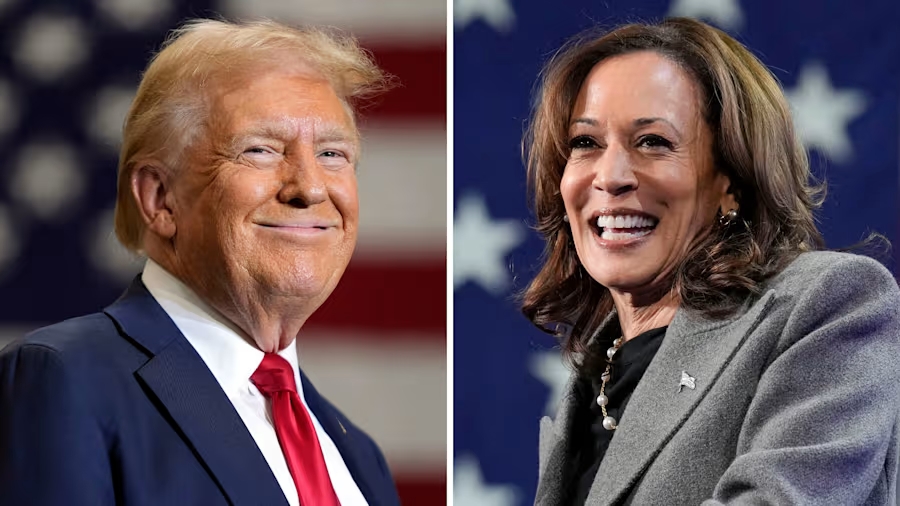Freedom of speech is at the forefront of our constitutional rights as Americans. We are guaranteed under the first amendment that our speech shall not be prevented. Alas, it seems that somewhere along the path from speech to print, this fundamental privilege is revoked. What I am referring to is the substantial spike in the number of banned books across America. The American Library Association has estimated that between January first and August 30 of 2024, the number of books requested to be removed from schools and libraries surpassed 1,000, a 65 percent increase from the previous year. This brings the total number of books banned over the last twenty years to well past 4,000, posing the question; what has changed in America to provoke this restriction, and how will it affect us as a society?
According to a study conducted by the University of Nevada, as of 2016 only 34 percent of eighth grade students were at or above the proficient level in terms of their literacy rate. The push for younger generations to be proactive in their reading has steadily become less and less effective. Yet in the midst of all of this, we continue to steal books off of shelves. In an age where we should be encouraging our children to dive into and engage in the materials from their library, rather than providing them with the resources they need, we sequester their wants. The likelihood of entering a library only to find that a book that you deeply hoped to read has been removed from its shelf only continues to grow by the day.
Even the most popular titles including Harper Lee’s To Kill a Mockingbird, John Green’s Looking for Alaska, and even Suzanne Collins’ The Hunger Games, are not safe from book bans. In fact, their popularity only makes them more of a target to be restricted. While all of these authors wrote their books with intentions of connecting with their audience and influencing a new perspective, recently readers have not interpreted them in this way. For instance, people look past the Hunger Games’ overt message of self sacrifice, love and courage and focus instead on violence losing the overall theme. This lack of understanding goes hand in hand with these same low literacy rates that have been appearing. Much of the content of these frequently banned books is beginning to go over the heads of readers, and by only seeing these novels at surface level, the deeper meaning is lost. As readers become increasingly disoriented in what they read, they stray from the author’s purpose in writing which is what causes their offense towards these publications. Rather than interpreting the words as invoking a positive message of hope for seeing a change in the world, the books’ meanings sadly fall flat being taken as derogatory instead.
Reading is meant to make us more open minded. Literature’s purpose is to highlight perspectives and allow an audience to come to a realization they may not have made on their own. As the world limits its repertoire, we become limited as well. We risk our perceptions becoming so narrowed that the human race will collectively share one thought process, an endangerment to our creativity, and more importantly our reception to others opinions. Diversity in reading is an essential keystone in cognitive empathy which is important in establishing moral code and maturity.
The topic of book banning has become more and more prevalent in the last decade. Talk of censorship has increased drastically including rumors of books being taken off of shelves. Some of these books are works of dystopian fiction, such as 1984 by George Orwell ( which ironically forewarns the hazardous nature of excessive government control), while others, including The Diary of a Young Girl: Anne Frank, are purely biographical. If we are looking to make Americans be more mindful, the answer is certainly not to erase history. Our history is what defines us and how we learn to improve our features. It is not just a desire, but a necessity to keep our records intact to teach younger generations of our past mistakes and how we must act to rectify our actions going forward.
Reading books is not a controversial topic. Reading is something that is meant to be embraced and celebrated. In order to do these things in full capacity, we must keep the world an open space to present ideas and allow others to listen to what we have to say. Protecting the books in our libraries are vital in increasing literacy rates, generating more diverse ideas and keeping us knowledgeable. In summation, the fact of the matter is this: Nothing positive ever comes from restricting our reading.
THE END.




